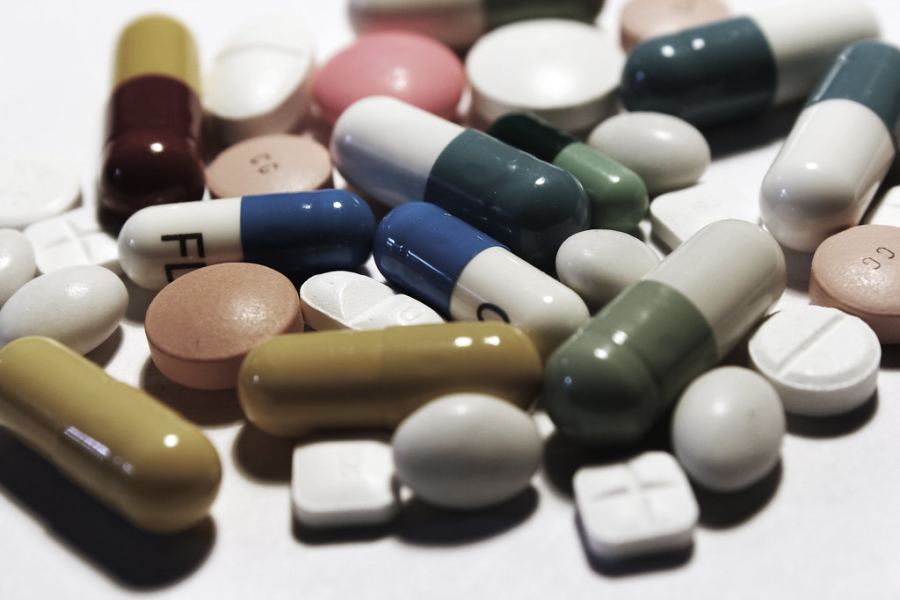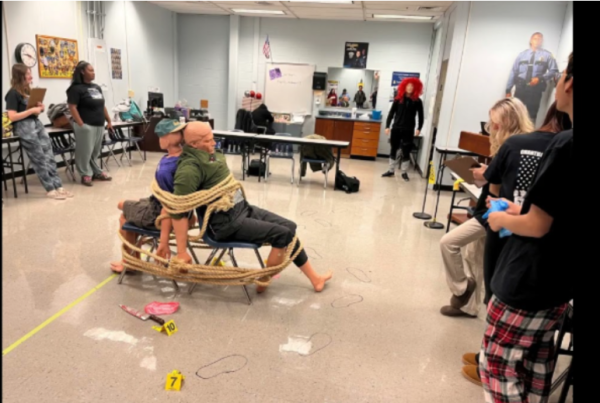BEAUTIFUL BOY: A DIVE INTO TEEN DRUG USE
Photo courtesy of Creative Commons
Some of the numerous drugs plaguing our children.
“I don’t know. Um, when I tried it, I felt, I felt better than I ever had, so I just kept doing it,” Nic Sheff mumbled, as tears streamed down his face. His father, David Sheff’s eyebrows furrow, a flash of disbelief in them as he raises his voice: “I was worried that you were smoking too much pot. Meanwhile you’re out here doing every drug on the planet, and hiding it and lying? Why?” He finished as he massaged his temples. At a loss for words, Nic stared at his father with distress and frustration in his eyes.
This heart wrenching scene is part of the emotional rollercoaster that comes from the 2018 film, Beautiful Boy. The main character, Nicholas Sheff, played by Timothée Chalamet, is an 18 year old struggling with addiction. The film follows the story of not only Nic’s struggles with drug use but also his father David Sheff (played by Steve Carrell)’s desperation to support him through relapse and recovery. The movie is based on the true story of journalists, Nic and David Sheff, during Nic’s methamphetamine addiction. The film can be found on Netflix, Hulu and Amazon Prime.
Though the topic of the film is rather morbid, director Felix Van Groeningen presents the Sheff’s story in an artistic and emotional way, creating depth through his cinematography. The movie’s many nostalgic scenes, along with the actors ability to capture the realism of the situation; Beautiful Boy is a movie that can correlate with viewers who have faced addiction themselves or seen it in their environment
“I just loved seeing Timothée Chalamet play this role, I didn’t know he was capable of showing such a real portrayal of drug addiction,” states Adelina Campos, 10. Indeed the movie was realistic, not only from the scenario that creates the plot but also Nic Sheff’s physical changes. As the movie progresses, his teeth become yellow, his skin pale, he seems to lose weight and dark circles appear; all of this adds to the visual of addiction’s effect on our physical bodies. Though the movie can be hard to watch since it covers overdosing, symptoms of withdrawal and rehabilitation, it is still intriguing to see the unique way Nic’s battle through addiction is illustrated.
Beautiful Boy is a film that not only provides viewers with a heartfelt story of a struggling addict but also brings attention to drug abuse among teenagers and young adults. Substance use is more common in teenagers than most people think; the CDC states in their website that around half of highschool students (9 -12 grade) have reported using marijuana at least once and among highschool seniors, two out of ten students report using non prescription drugs. Nic Sheff said himself in an Aish.com article that he enjoyed the relief drugs gave him from his mental health problems and insecurities. This seems to be the case for the majority of teenagers struggling with addiction. The National Institute on Drug Abuse’s website states that national surveys have proven that about half of people struggling with substance use also struggle with their mental health.
However, substance abuse is not always related to mental health. In many cases students may use drugs at parties, get-togethers, and with friends. What starts as past time or testing boundaries can quickly escalate to daily use and a dangerous habit. Though I’m sure most people know the effects of drugs such as marijuana on our brain development, there are a variety of other health risks addiction can pose on our bodies. These health risks include: stroke, cancer, Hepatitis B and C, HIV/AIDs and Cardiovascular disease.
Drug use is an issue that has circulated our world for decades and has only grown more prevalent as years progress. Films such as Beautiful Boy, Ben Is Back and Requiem may be hard to watch at times but are able to inform us about the harsh reality of drug use, especially among younger crowds. The more informed we are on the topic the more we can help guide people struggling with substance use back to recovery, along with protecting ourselves.
If you or someone you know needs assistance with substance use, contact the SAMHSA National Helpline: 1-800-662-4357.










